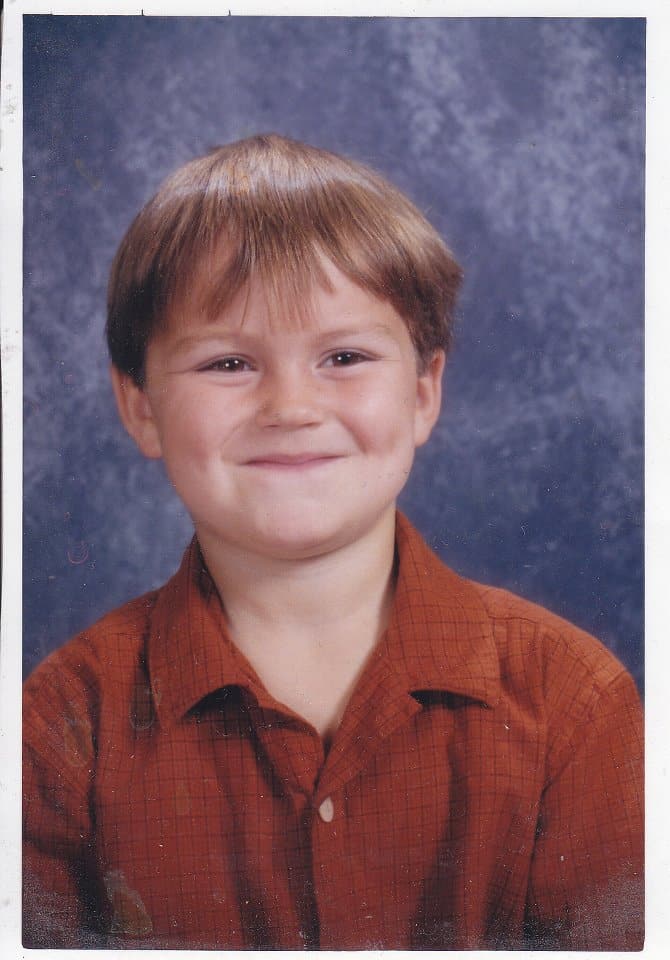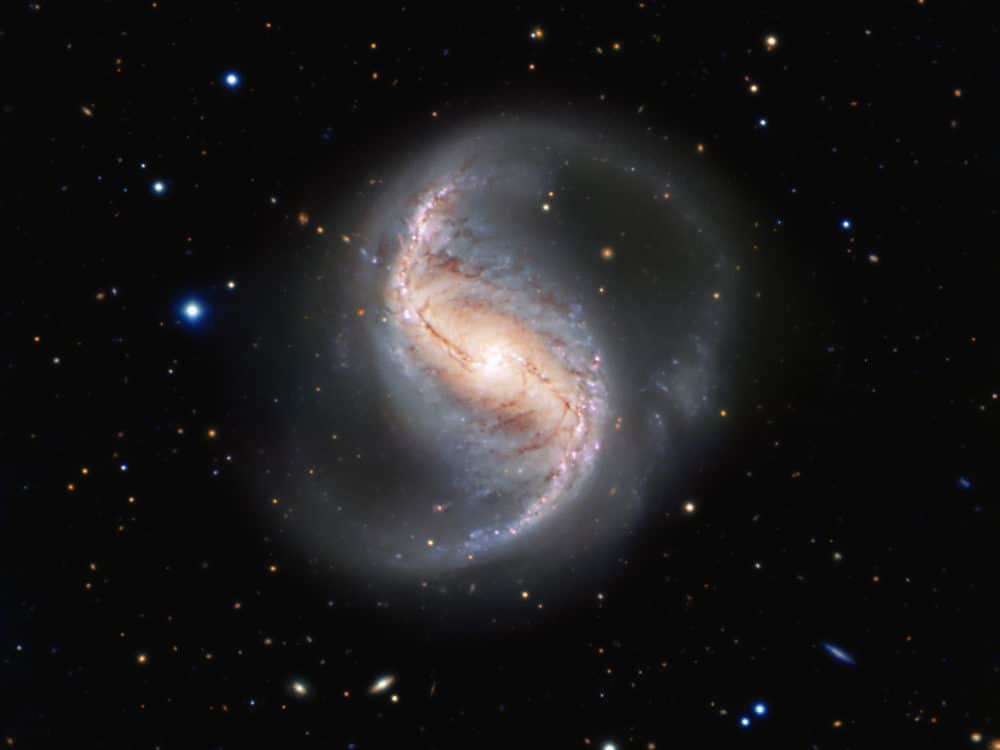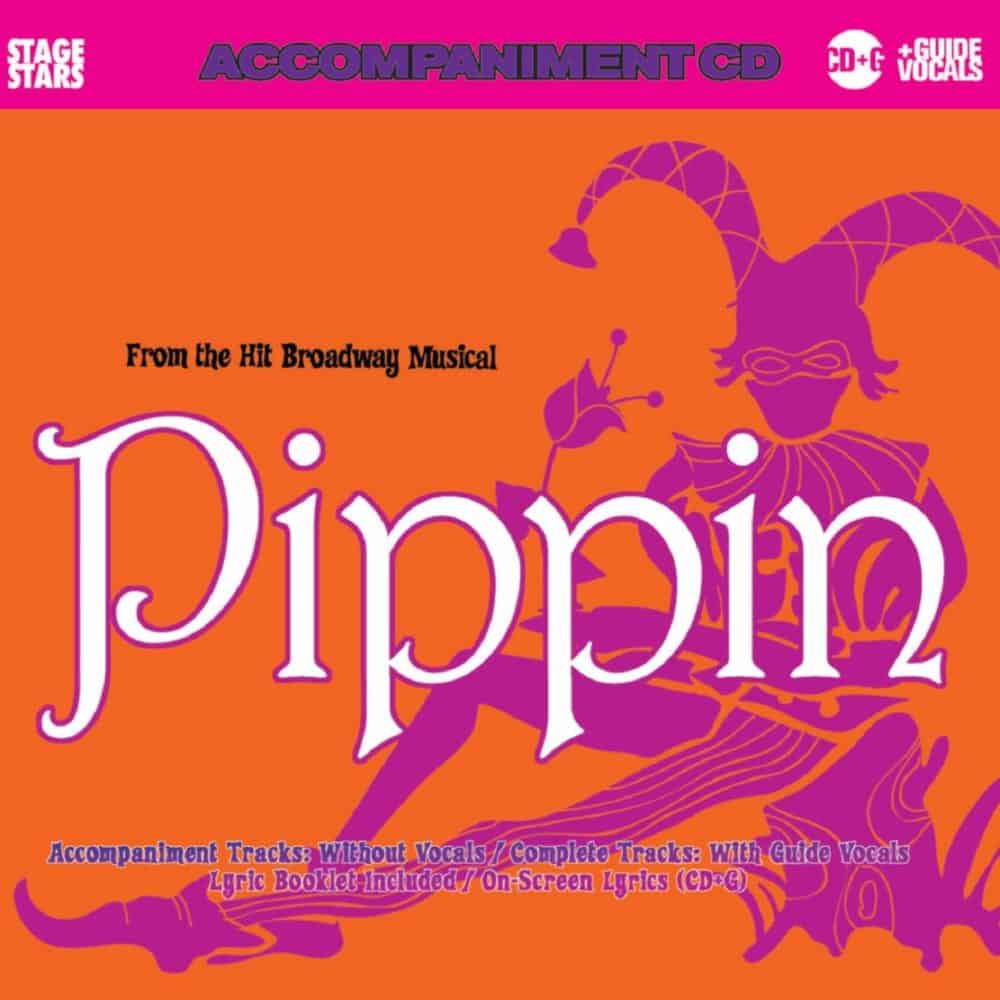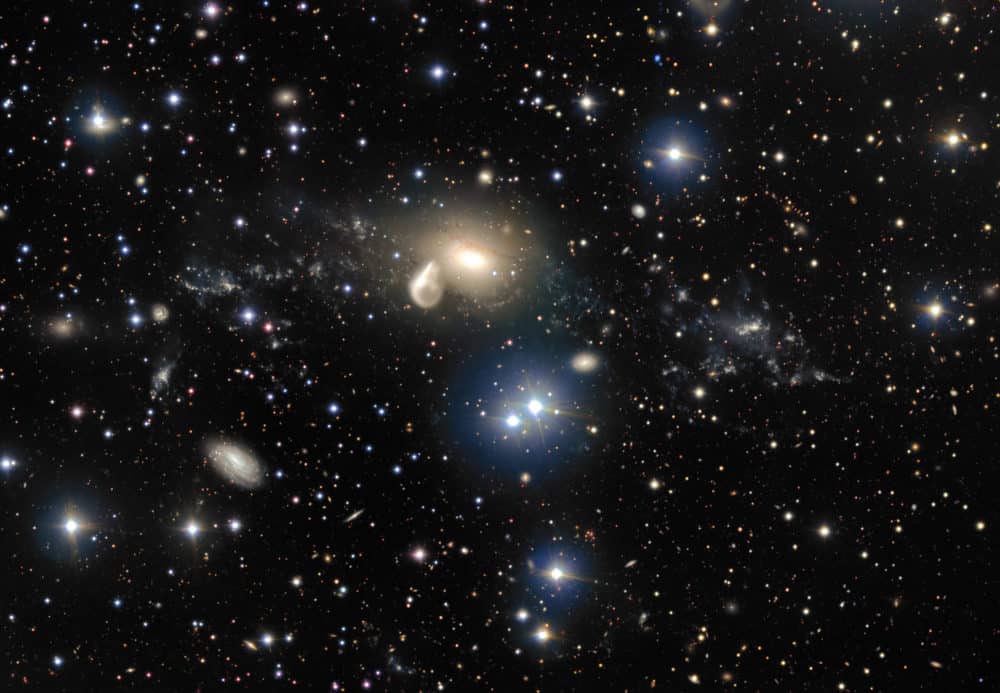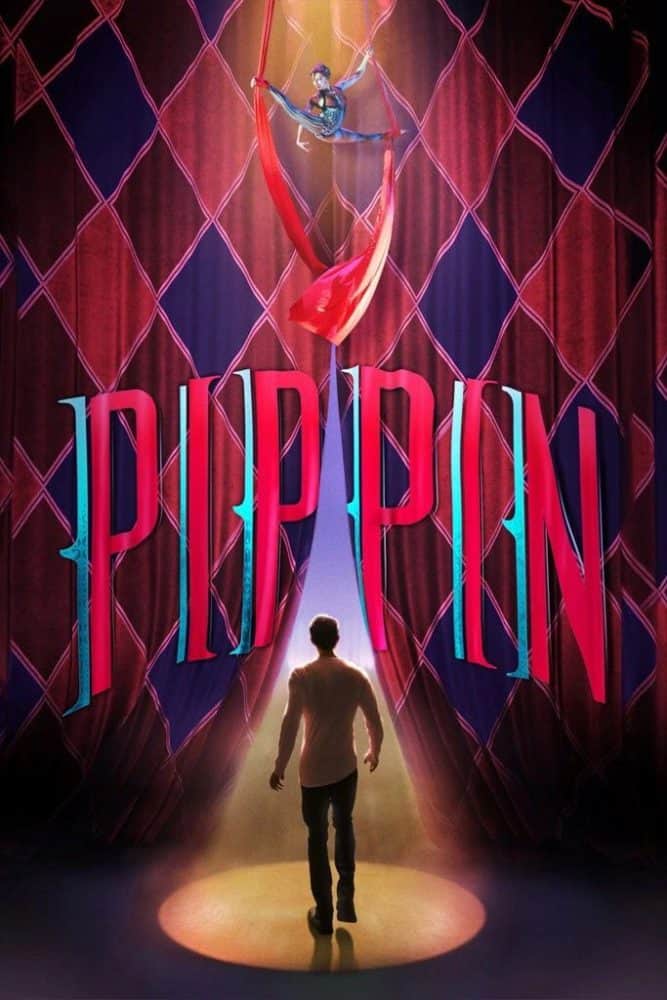Blog
Ahmed Ratip Canga ( Istanbul , September 24, 1905 – Buenos Aires , December 13 , 1993 ) was a Turkish jazz guitarist of Yemeni origin.
At 19, his father sent him to study engineering in Chicago ; He started receiving Banjoclasses, although he soon switched to the electric guitar . Then, he returned to Turkey to do military service. In 1933 he moved to Uruguay . He formed a group called “Ahmed Ratip and his Cotton Pickers”, of which he was the director. Artistically he was known as Mike. He was one of the pioneers in Argentina in performing jazz.
In 1946 he incorporated Tito Alberti to his band, playing with a stable character in the Teatro Colón . Ahmed died on December 13, 1993 and is buried in the Chacarita Cemetery in Buenos Aires, in the pantheon of the Authors and Composers Union.
more...Lemon Henry “Blind Lemon” Jefferson (September 24, 1893 – December 19, 1929) was an American blues and gospel singer-songwriter and musician. He was one of the most popular blues singers of the 1920s and has been called the “Father of the Texas Blues“. Jefferson’s performances were distinctive because of his high-pitched voice and the originality of his guitar playing. His recordings sold well, but he was not a strong influence on younger blues singers of his generation, who could not imitate him as easily as they could other commercially successful artists. Later blues and rock and roll musicians, however, did attempt to imitate both his songs and his musical style.
Jefferson was born blind, near Coutchman, Texas. He was the youngest of seven (or possibly eight) children born to Alex and Clarissa Jefferson, who were African-American sharecroppers. Disputes regarding the date of his birth derive from contradictory census records and draft registration records. By 1900, the family was farming southeast of Streetman, Texas. Jefferson’s birth date was recorded as September 1893 in the 1900 census. The 1910 census, taken in May, before his birthday, confirms his year of birth as 1893 and indicated that the family was farming northwest of Wortham, near his birthplace.
more...Theodore “Fats” Navarro (September 24, 1923 – July 6, 1950) was an American jazz trumpet player. He was a pioneer of the bebop style of jazz improvisation in the 1940s. He had a strong stylistic influence on many other players, including Clifford Brown. Navarro was born in Key West, Florida, of Cuban, African, and Chinese descent. He began playing piano at age six, but did not become serious about music until he began playing trumpet at the age of thirteen. He was a childhood friend of drummer Al Dreares. By the time he graduated from Douglass High School, he wanted to be away from Key West and joined a dance band headed for the Midwest.
Tiring of the road life after touring with many bands and gaining valuable experience, including influencing a young J. J. Johnson when they were together in Snookum Russell‘s territory band, Navarro settled in New York City in 1946, where his career took off. He met and played with, among others, Charlie Parker, one of the greatest musical innovators of modern jazz improvisation.
https://www.youtube.com/watch?v=-1_QeL1i690
more...Diego LaBriola
born 9-23-1995 died 6-5-2002
Please visit Diegos web site Memorial page on his birthday!
http://www.virtualmemorials.com/main.php…
On June 2nd of 2002 Diego LaBriola was struck by a vehicle in front of 3932 Cedar Ave in south Minneapolis, Minnesota; and died on June 5th. Diego was an organ donor. My son Diego was a radiant beam of pure Love and inexhaustible energy. You could see the Universe shinning through his eyes!~
the spiral galaxy NGC 986 in the constellation of Fornax (The Furnace). The galaxy, which was discovered in 1826 by the Scottish astronomer James Dunlop, is not often imaged due to its proximity to the famous and rich Fornax Cluster of galaxies. Which is a shame, as this galaxy is not only a great scientific object, but also very pretty.
The galaxy is about 56 million light-years away and seen almost perfectly from the top, or — as astronomers say — face-on. This allows us to see the two main spiral arms and also a central bar-shaped structure, composed of stars and dust, which makes it a barred spiral galaxy.
Astronomical surveys have shown that about two thirds of all spiral galaxies contain a bar, including the Milky Way. This makes NGC 986 the perfect place to study the structure of galaxies and find out more about our own home galaxy, which is difficult to study from within.
more...Joseph Young Jr. (September 23, 1927 – March 24, 1999), known as Mighty Joe Young, was an American Chicago blues guitarist. Young was born in Shreveport, Louisiana, moving to Milwaukee in about 1945. He was an amateur boxer in the 1940s, but he later recalled that “It was nothing to write home about… I decided that music was the best thing to do.” He began his music career in the early 1950s, singing on the Milwaukee nightclub circuit and taking his stage name after the film of the same name. In 1955, he returned to Louisiana to make his recording debut, for Jiffy Records.
He then moved to Chicago, where he worked as a sideman, notably with Joe Little & his Heart Breakers and later Billy Boy Arnold. After recording “Why Baby” / “Empty Arms” for Bobby Robinson‘s Fire Records in 1961, he performed with Otis Rush in the early 1960s, playing on Rush’s album Cold Day in Hell. He also continued to record under his own name for small labels such as Webcor, Celtex, and Jacklyn. He played on Magic Sam‘s albums West Side Soul and Black Magic and also worked with Jimmy Rogers, Willie Dixon, Tyrone Davis and Jimmy Dawkins.
more...Ray Charles Robinson (September 23, 1930 – June 10, 2004), professionally known as simply Ray Charles, was an American singer, songwriter, musician, and composer. Among friends and fellow musicians he preferred being called “Brother Ray”. He was often referred to as “The Genius”.Charles started losing his vision at the age of 5, and by 7 he was blind.
He pioneered the soul music genre during the 1950s by combining blues, rhythm and blues, and gospel styles into the music he recorded for Atlantic. He contributed to the integration of country music, rhythm and blues, and pop music during the 1960s with his crossover success on ABC Records, notably with his two Modern Sounds albums. While he was with ABC, Charles became one of the first black musicians to be granted artistic control by a mainstream record company. Charles placed multiple singles and albums in the Top 10 of the Top 40 on various Billboard charts: 44 on the US R&B singles charts, 11 on the Hot 100 singles charts, 2 on the US Country singles charts, 8 on the Billboard 200 album charts, and one on the US Country Album charts.
Charles cited Nat King Cole as a primary influence, but his music was also influenced by Louis Jordan and Charles Brown. He became friends with Quincy Jones. Their friendship lasted until the end of Charles’s life. Frank Sinatra called Ray Charles “the only true genius in show business”, although Charles downplayed this notion.
Ray Charles Robinson was the son of Bailey Robinson, a laborer, and Aretha (or Reatha) Williams. His mother was a teenage orphan making a living as a sharecropper. They lived in Greenville, Florida with Robinson’s father and his wife, Mary Jane Robinson. The Robinson family had informally adopted Aretha, and she took the surname Robinson. When she became pregnant by Bailey, incurring scandal, she left Greenville late in the summer of 1930 to be with family members in Albany, Georgia for the baby’s birth, after which mother and child returned to Greenville. She and Mary Jane then shared in Ray’s upbringing. He was deeply devoted to his mother and later recalled her perseverance, self-sufficiency, and pride as guiding lights in his life. His father abandoned the family, left Greenville, and married another woman elsewhere.
https://www.youtube.com/watch?v=fCm9RUV03dc
more...John William Coltrane (September 23, 1926 – July 17, 1967) was an American jazz saxophonist and composer. Working in the bebop and hard bopidioms early in his career, Coltrane helped pioneer the use of modes and was at the forefront of free jazz. He led at least fifty recording sessions and appeared on many albums by other musicians, including trumpeter Miles Davis and pianist Thelonious Monk. Over the course of his career, Coltrane’s music took on an increasingly spiritual dimension. He remains one of the most influential saxophonists in music history. He received many posthumous awards, including canonization by the African Orthodox Church and a Pulitzer Prize in 2007. His second wife was pianist/harpist Alice Coltrane. Their children Ravi Coltrane, Oran Coltrane and John Coltrane Jr are all musicians.
Coltrane was born in his parents’ apartment at 200 Hamlet Avenue in Hamlet, North Carolina, on September 23, 1926. His father was John R. Coltrane and his mother was Alice Blair. He grew up in High Point, North Carolina and attended William Penn High School. Beginning in December 1938, his father, aunt, and grandparents died within a few months of each other, leaving him to be raised by his mother and a close cousin. In June 1943, he moved to Philadelphia. In September, his mother bought him his first saxophone, an alto. He played clarinet and alto horn in a community band before beginning alto saxophone in high school. From early to mid-1945 he had his first professional work: a “cocktail lounge trio” with piano and guitar.
To avoid being drafted by the Army, Coltrane enlisted in the Navy on August 6, 1945, the day the first U.S. atomic bomb was dropped on Japan. He was trained as an apprentice seaman at Sampson Naval Training Station in upstate New York before he was shipped to Pearl Harbor, where he was stationed at Manana Barracks, the largest posting of African-American servicemen in the world. By the time he got to Hawaii in late 1945, the Navy was downsizing. Coltrane’s musical talent was recognized, and he became one of the few Navy men to serve as a musician without having been granted musician’s rating when he joined the Melody Masters, the base swing band. As the Melody Masters was an all-white band, however, Coltrane was treated merely as a guest performer to avoid alerting superior officers of his participation in the band. He continued to perform other duties when not playing with the band, including kitchen and security details. By the end of his service, he had assumed a leadership role in the band. His first recordings, an informal session in Hawaii with Navy musicians, occurred on July 13, 1946. He played alto saxophone on a selection of jazz standards and bebop tunes.
After being discharged from the Navy as a seaman first class in August 1946, Coltrane returned to Philadelphia, where he “plunged into the heady excitement of the new music and the blossoming bebop scene.” After touring with King Kolax, he joined a band led by Jimmy Heath, who was introduced to Coltrane’s playing by his former Navy buddy, trumpeter William Massey, who had played with Coltrane in the Melody Masters. He studied jazz theory with guitarist and composer Dennis Sandole and continued under Sandole’s tutelage through the early 1950s. Although he started on alto saxophone, he began playing tenor saxophone in 1947 with Eddie Vinson.
In the summer of 1955, Coltrane was freelancing in Philadelphia while studying with guitarist Dennis Sandole when he received a call from Davis. The trumpeter, whose success during the late forties had been followed by several years of decline in activity and reputation, due in part to his struggles with heroin, was again active and about to form a quintet. Coltrane was with this edition of the Davis band (known as the “First Great Quintet”—along with Red Garland on piano, Paul Chambers on bass, and Philly Joe Jones on drums) from October 1955 to April 1957 (with a few absences). During this period Davis released several influential recordings that revealed the first signs of Coltrane’s growing ability. This quintet, represented by two marathon recording sessions for Prestige in 1956, resulted in the albums Cookin’, Relaxin’, Workin’, and Steamin’. The “First Great Quintet” disbanded due in part to Coltrane’s heroin addiction.[18]
During the later part of 1957 Coltrane worked with Thelonious Monk at New York’s Five Spot Café, and played in Monk’s quartet (July–December 1957), but, owing to contractual conflicts, took part in only one official studio recording session with this group. Coltrane recorded many albums for Prestige under his own name at this time, but Monk refused to record for his old label.[19] A private recording made by Juanita Naima Coltrane of a 1958 reunion of the group was issued by Blue Note Records as Live at the Five Spot—Discovery! in 1993. A high quality tape of a concert given by this quartet in November 1957 was also found later, and was released by Blue Note in 2005. Recorded by Voice of America, the performances confirm the group’s reputation, and the resulting album, Thelonious Monk Quartet with John Coltrane at Carnegie Hall, is widely acclaimed.
Blue Train, Coltrane’s sole date as leader for Blue Note, featuring trumpeter Lee Morgan, bassist Paul Chambers, and trombonist Curtis Fuller, is often considered his best album from this period. Four of its five tracks are original Coltrane compositions, and the title track, “Moment’s Notice”, and “Lazy Bird“, have become standards. Both tunes employed the first examples of his chord substitution cycles known as Coltrane changes.
more...The spectacular aftermath of a 360 million year old cosmic collision is revealed in great detail in this image from ESO’s Very Large Telescope at the Paranal Observatory. Among the debris surrounding the elliptical galaxy NGC 5291 at the centre is a rare and mysterious young dwarf galaxy, which appears as a bright clump towards the right of the image. This object is providing astronomers with an excellent opportunity to learn more about similar galaxies that are expected to be common in the early Universe, but are normally too faint and distant to be observed by current telescopes.
189170699.0628 light years distant.
more...
Oliver “Tuku” Mtukudzi (22 September 1952 – 23 January 2019) was a Zimbabwean musician, businessman, philanthropist, human rights activistand UNICEF Goodwill Ambassador for Southern Africa Region. Tuku was considered to have been Zimbabwe’s most renowned and internationally recognised cultural icon of all time. Mtukudzi grew up in Highfield, a poor neighborhood in Salisbury (modern-day Harare) in Southern Rhodesia, as the eldest of seven siblings. While both his parents sang in a choir, they were initially not supportive of his continued interest in music, consequently breaking his first homemade guitar.
He began performing in 1977 when he joined the Wagon Wheels, a band that also featured Thomas Mapfumo and fellow legendary guitarist James Chimombe. They were given the rare opportunity by Paul Tangi Mhova Mkondo, an African nationalist and music promoter, who provided money and resources to the group. With the support of Mutanga, the prayers and blessings of Amai Mutanga, he allowed them to perform at Mutanga Restaurant & Night Club (Pungwe) which, at the time, was the first and only African licensed (obtained by Mkondo) night club available for blacks under Rhodesia’s policy of segregation. Their single Dzandimomotera went gold and Tuku’s first album followed, which was also a major success. Mtukudzi is also a contributor to Mahube, Southern Africa’s “supergroup”.
more...Chief Sunday Adeniyi Adegeye MFR, known professionally as King Sunny Adé (born 22 September 1946), is a Nigerian singer-songwriter and multi-instrumentalist in the West African musical style jùjú. One of the first African pop musicians to gain international success, he has been called one of the most influential musicians of all time.
In March 2017, he was appointed ambassador for the Change Begins With Me campaign by the Nigerian minister of Information Lai Mohammed. Adé was born in Osogbo to a Nigerian royal family from Ondo, thus making him an Omoba of the Yoruba people. His father was a church organist, while his mother was a trader from Akure. Adé left grammar school in Ondo under the pretense of going to the University of Lagos. There, in Lagos, his mercurial musical career started.
Sunny Adé’s musical sound has evolved from the early days. His career began with Moses Olaiya‘s Federal Rhythm Dandies, a highlife band. He left to form a new band, The Green Spots, in 1967. Over the years, for various reasons ranging from changes in his music to business concerns, Sunny Adé’s band changed its name several times, first to African Beats and then to Golden Mercury. King Sunny was influenced by Juju pioneer and borrowed stylistic elements from Nightingale’s ‘So wa mbe’ style of juju.
He founded the King Sunny Ade Foundation, an organization that includes a performing arts center, a state of the art recording studio, and housing for young musicians. He is a visiting lecturer at the Obafemi Awolowo University, Ile- Ife and recipient of the Order of the Federal Republic.
https://www.youtube.com/watch?v=xloI9V52IRU
more...Alvin LeRoy Holmes (September 22, 1913 – July 27, 1986) was an American songwriter, composer, arranger, orchestra conductor and record producer. Holmes graduated from Hollywood High School, studied music at Northwestern University in Evanston, Illinois and the Juilliard School in New York, before working with a number of bandleaders during the 1930s and early 1940s. These included Ernst Toch, Vincent Lopez, and Harry James, for whose band, he wrote “The Mole”.
After serving as a pilot and flying instructor, a lieutenant in the US Navy during the Second World War, he moved to Hollywood, where he was hired by MGM Music Studios as a house arranger and conductor. In 1950, he relocated to New York and continued as a record producer for MGM, and later moved to United Artists. During his time with MGM, he backed numerous vocalists, including Judy Garland, and in 1954 made what is possibly his best known recording, a version of the theme to the film The High and the Mighty.[1] It sold over one million copies, and was awarded a gold disc.[2]The song is known for its distinctive accompanying whistling, which was provided by Fred Lowery. Holmes provided the orchestration for Tommy Edwards epic 1958 hit “It’s All In The Game“, and tried rock and R&B with his backing to the Impalas “Sorry (I Ran All the Way Home)“. Holmes also wrote the theme song to the television series International Detective.
He moved to United Artists Records in the early 1960s, where he contributed to many compilations of movie themes, released albums under his own name and backed a succession of singers, notably Connie Francis, Gloria Lynne, Shirley Bassey and Puerto Rican singers like Tito Rodríguez and Chucho Avellanet. In addition, he produced albums for a number of United Artists acts, including the Briarwood Singers. He also worked on the music for the 1977 film The Chicken Chronicles.
more...September 21st, 2019
Pippin the Musical performance today at the Mixed Blood Theater in Minneapolis presented by Theater 55. Double performances Saturday September 21st @ 2pm matinee & 730pm Running thru September 29th 2019 12 shows. Natalia Peterson on piano, Jamie Carter on guitar and mick laBriola percussion chair.
More Posts
- SUPPORT UKRAINE Mutyn Village Women Folk Choir
- Daily Roots Michael Rose
- May the 4th Be With You
- Cosmos NGC 896
- Sharon Jones
- Ron Carter
- Don Friedman
- STOP INVASION OF UKRAINE Folknery
- Daily Roots with Sylford Walker
- Zamya Theater “A Challenge to Change” 5-3-22
- Cosmos M99
- Jimmy Cleveland
- Pete Seeger
- James Brown
- John Lewis
- STOP THE WAR IN UKRAINE Trio Mandili
- Daily Roots Prince Alla
- Cosmos NGC 3627
- Judge Dread
- Eddie Green
